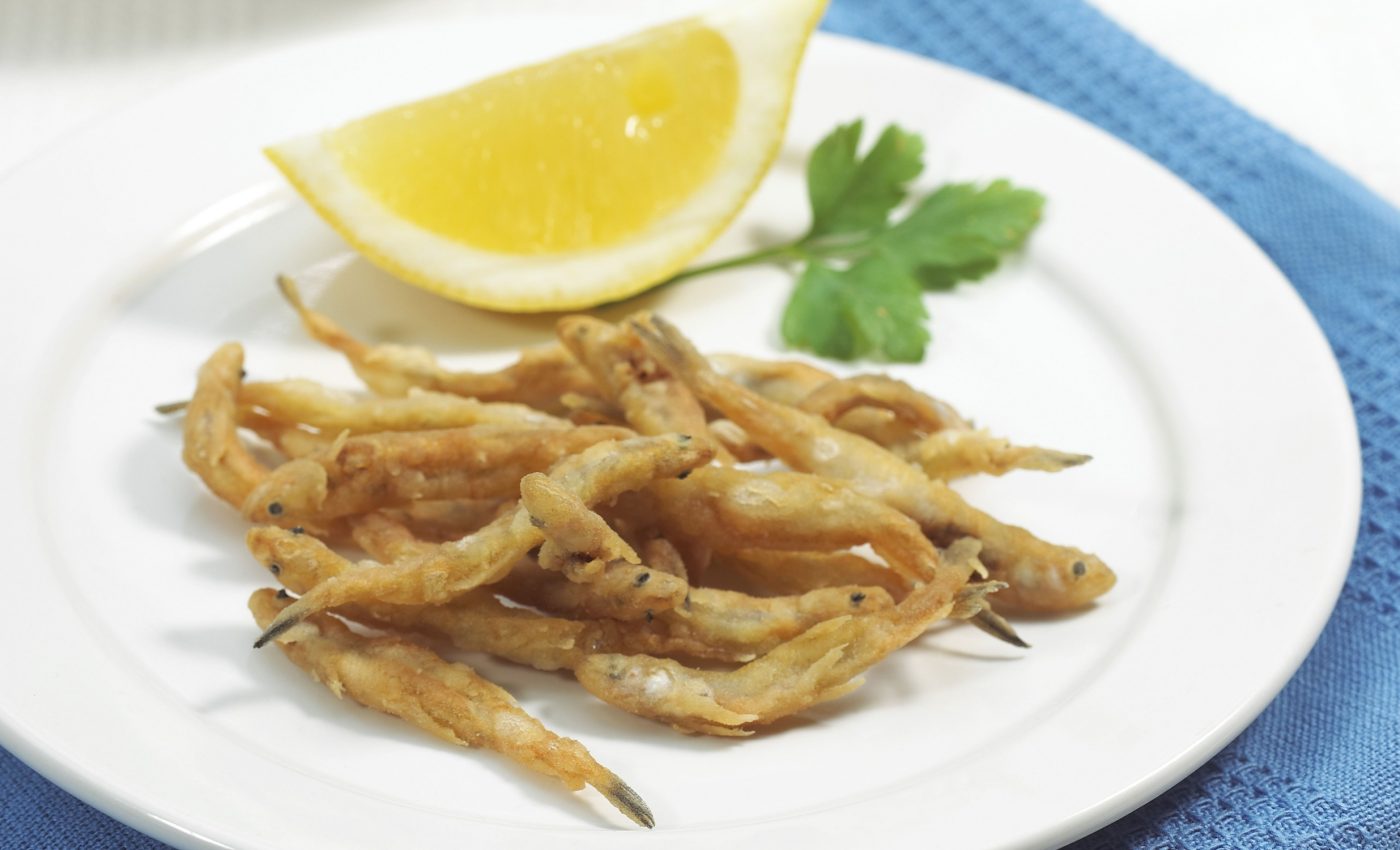
Eating small fish whole reduces cancer risk in women
A new study reveals that consuming small fish whole may reduce the risk of all-cause and cancer mortality in women.
The research, conducted by a team from Nagoya University Graduate School of Medicine, highlights the potential life-extending benefits of this dietary habit.
Unique nutritional profile of small fish
Japanese cuisine often includes small fish such as whitebait, Atlantic capelin, Japanese smelt, and small dried sardines.
These fish are typically eaten whole, including the head, bones, and organs, which are rich in micronutrients like calcium and vitamin A.
The practice of eating small fish whole is believed to be a key factor in the health benefits observed.
Health impact of eating small fish
“Previous studies have revealed the protective effect of fish intake on health outcomes, including mortality risks. However, few studies have focused on the effect of the intake of small fish specifically on health outcomes,” said Dr. Chinatsu Kasahara, who led the study.
“I was interested in this topic because I have had the habit of eating small fish since childhood. I now feed my children these.”
The research team conducted a comprehensive study involving 80,802 participants (34,555 men and 46,247 women) aged 35 to 69 years across Japan. Small fish consumption was assessed using a food frequency questionnaire.
The participants were followed up on for an average of nine years, during which 2,482 deaths were recorded, with about 60% (1,495 deaths) being cancer-related.
Significant findings among women
One of the most striking findings was the significant reduction in all-cause and cancer mortality among women who habitually eat small fish.
Women who consumed small fish 1-3 times a month, 1-2 times a week, or 3 times or more a week had a significantly reduced risk of cancer mortality.
After controlling for factors such as age, smoking, alcohol consumption, BMI, and intake of various nutrients and foods, the researchers found that frequent consumption of small fish was associated with a lower risk of death from any cause among women.
This suggests that incorporating small fish into one’s daily diet could be a simple yet effective strategy to live a longer, healthier life.
Observations among men
The study also observed a similar trend in men, although the results were not statistically significant.
The researchers speculated that the limited number of male subjects or other unmeasured factors, such as portion size, might have influenced the results.
“One of the reasons underlying the difference in the effects of consumption of small fish on the risk of all-cause and cancer mortality between sexes in this study might be the difference in the cancer type causing cancer mortality among sexes; however, other reasons are unknown,” noted the study authors.
Implications and future research
Dr. Kasahara believes the results of the study could be significant for other populations as well. “While our findings were only among Japanese people, they should also be important for other nationalities,” she said.
Previous studies have pointed out that small fish are an affordable and vital source of nutrients, especially in developing countries facing severe nutrient deficiencies.
This latest study adds to the growing body of evidence supporting the health benefits of dietary practices which include frequent fish consumption.
“Small fish are easy for everyone to eat, and they can be consumed whole, including the head, bones, and organs. Nutrients and physiologically active substances unique to small fish could contribute to maintaining good health,” noted Dr. Kasahara.
“The inverse relationship between the intake of small fish and the mortality risk in women underscores the importance of these nutrient-dense foods in people’s diets.”
Small fish: A potential lifespan booster
“The habit of eating small fish is usually limited to several coastal or maritime countries, such as Japan,” said Professor Takashi Tamura.
“However, we suspect that the intake of small fish anywhere may be revealed as a way to prolong life expectancy. Further evidence is necessary to elucidate the potential role of the intake of small fish in mortality risk.”
The study is published in the journal Public Health Nutrition.
—–
Like what you read? Subscribe to our newsletter for engaging articles, exclusive content, and the latest updates.
Check us out on EarthSnap, a free app brought to you by Eric Ralls and Earth.com.
—–













